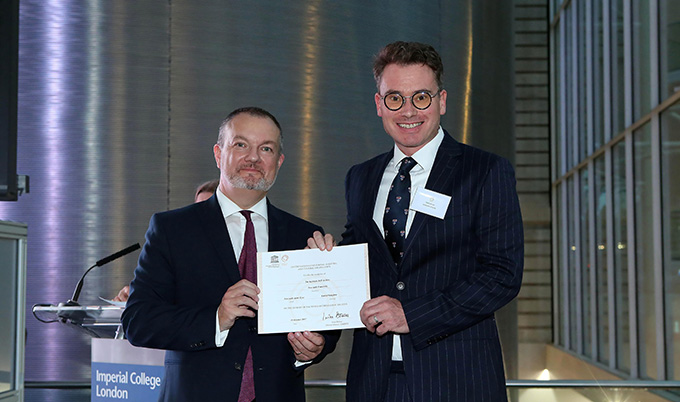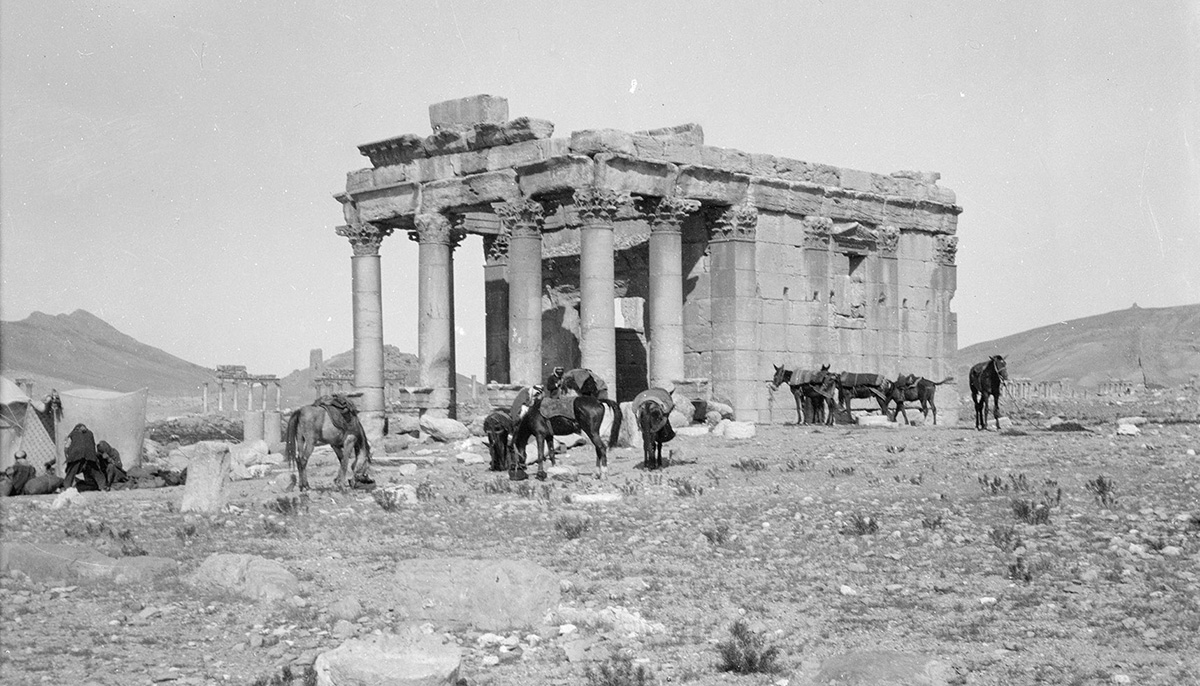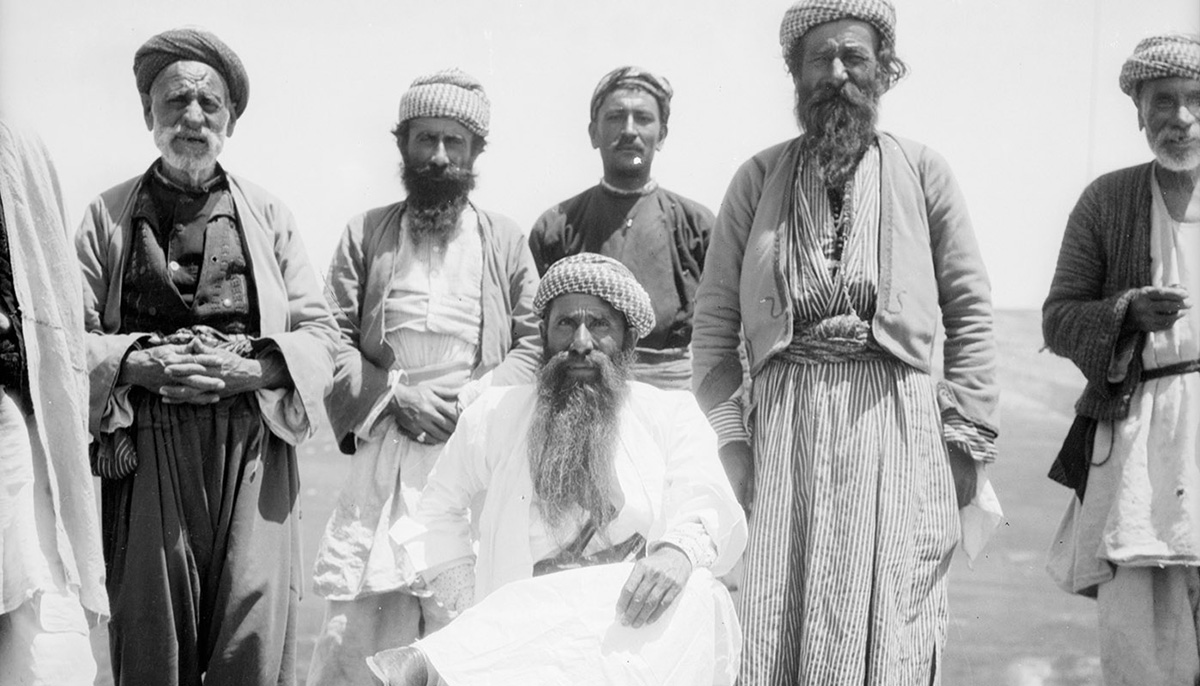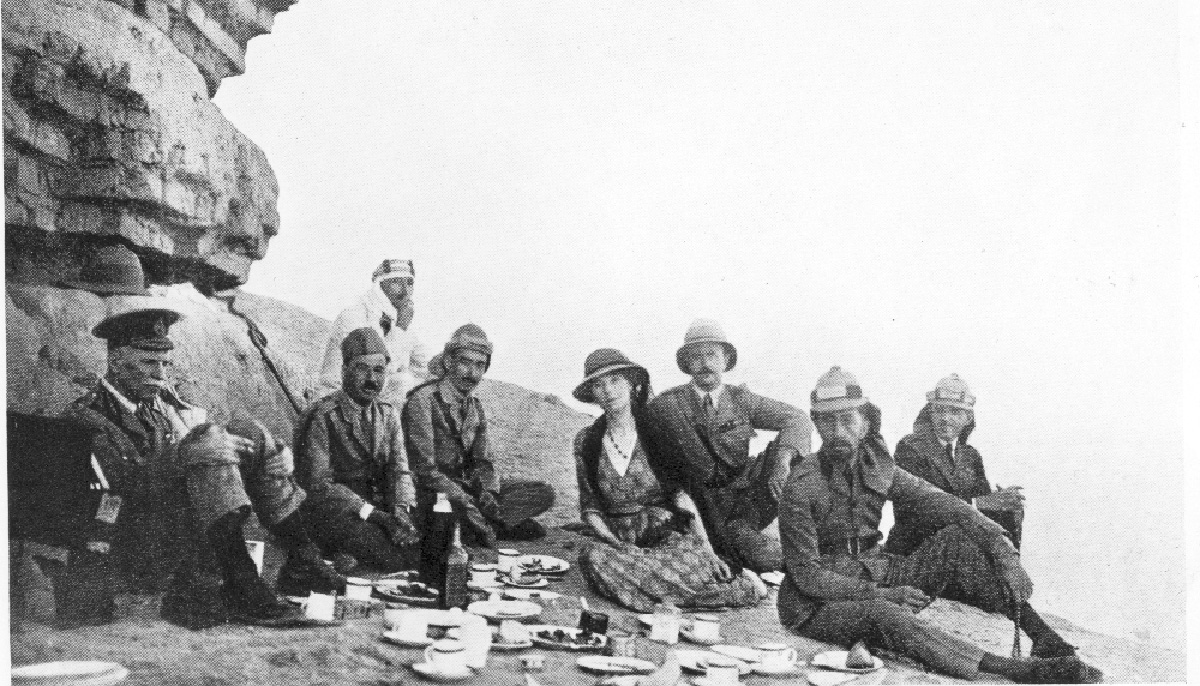Gertrude Bell archive UNESCO
UNESCO celebrates archive of a remarkable woman
Published on: 9 October 2018
The international importance of the collected papers of noted explorer, diplomat and archaeologist Gertrude Bell have been celebrated at a special event in London.
A precious record
The inscription of the prestigious Gertrude Bell Archive to UNESCO’s International Memory of the World Register – the documentary heritage equivalent of becoming a World Heritage Site - has been marked at a special reception hosted by the Minister and Ambassador of Great Britain and Northern Ireland to UNESCO, Matthew Lodge.
The archive, which is held by Newcastle University, is a unique record of letters, diaries, and photographs by Bell, dating from 1871 to 1926. It is one of only a small number in the UK to be inscribed into the register. It is only the second university-held collection in the UK to feature.
With close to 10,000 unique items, the archive provides a record of the people and cultural contexts from multiple ethnic and religious groups living through the transition from the Ottoman empire of the late 19th century to the period of the establishment of the modern Turkish, Syrian, Iraqi, and Jordanian states. The photographs preserve a precious record of these communities many of which have changed dramatically over the past century.

Profound impact
Gertrude Bell was an extraordinary British woman who travelled globally as an archaeologist, mountaineer and explorer. She was also a diplomat and was unique in having worked in the British administration of Iraq during the creation of that state in the early 1920s.
The memories of this time preserved in the archive are of world-wide significance because of the places she visited.
She continues to have a profound impact on the modern world through her legacy in the Middle East, especially in the formation of Iraq and resulting transformation of the region. Her personal perspective on the transitional period from the Ottoman Empire before World War I until 1926 provides unique, irreplaceable documentation of the formation of the Middle East and her instrumental role in that process.
Dr Mark Jackson, co-curator and guardian of the Gertrude Bell Photographic Archive at Newcastle University, said: “Communities and places have suffered so much destruction over the past century that the Bell Archive records priceless memories of international importance. Every year parts of the archive take on new significance as events unfold in the Middle East.
“The UNESCO inscription will help us to build on our research and impact activities and to invest further in the archive.”
James Bridge, Secretary-General of the UK National Commission for UNESCO added: "The UK has some of the world's best archives and the UNESCO Memory of the World inscription is a great way to provide global recognition. Each new inscription onto the register provides a fascinating insight into the rich variety of our documentary heritage."
Preserving the Gertrude Bell Archive
The curation of the Gertrude Bell Archive is a joint enterprise between the University Library’s Special Collections and the School of History, Classics and Archaeology. The bulk of the Gertrude Bell Archive has been digitised and transcribed and is available via a dedicated website.
In 2016, the collection was used in a major exhibition about Gertrude Bell at the Great North Museum: Hancock which was curated by Dr Jackson and Andrew Parkin, Keeper of Archaeology at the museum. This explored her life and career through the themes of archaeology, politics, exploration and her involvement in the creation of the state of Iraq. It also looked at her legacy as a woman living and working in the male-dominated worlds of diplomacy and politics in the early 20th century.
Especially created to coincide with the exhibition, the Gertrude Bell comic provides a unique entry point to original archive materials by presenting snapshots of her life and work with links to the relevant artefacts in the collection. The comic continues to be available online and ensures a wider audience can engage with the story of Gertrude Bell.
The University plans to use the UNESCO recognition to provide further high-quality access to the archive for users around the world, including further online digitisation and interpretation. The archive informed the acclaimed 2016 documentary film Letters from Baghdad. Work to continue to reach out to diverse communities in the UK and abroad whose heritage is recorded through Bell’s personal activities and reflections.
The archive was one of seven to be celebrated at the reception, while another six archives were added to the UK register.
UNESCO established the Memory of the World (MoW) Programme in 1992 to preserve significant documentary heritage from across the globe for future generations to learn from and enjoy. The Programme’s vision is that the world's documentary heritage belongs to all, should be fully preserved and protected for all and permanently accessible to all without hindrance. The UK Register recognises documentary heritage deemed by a panel of experts on behalf of the Department for Digital, Culture, Media and Sport to be of outstanding significance to the UK.
Adapted with thanks from a Unesco press release. Images courtesy of the Gertrude Bell Archive.






